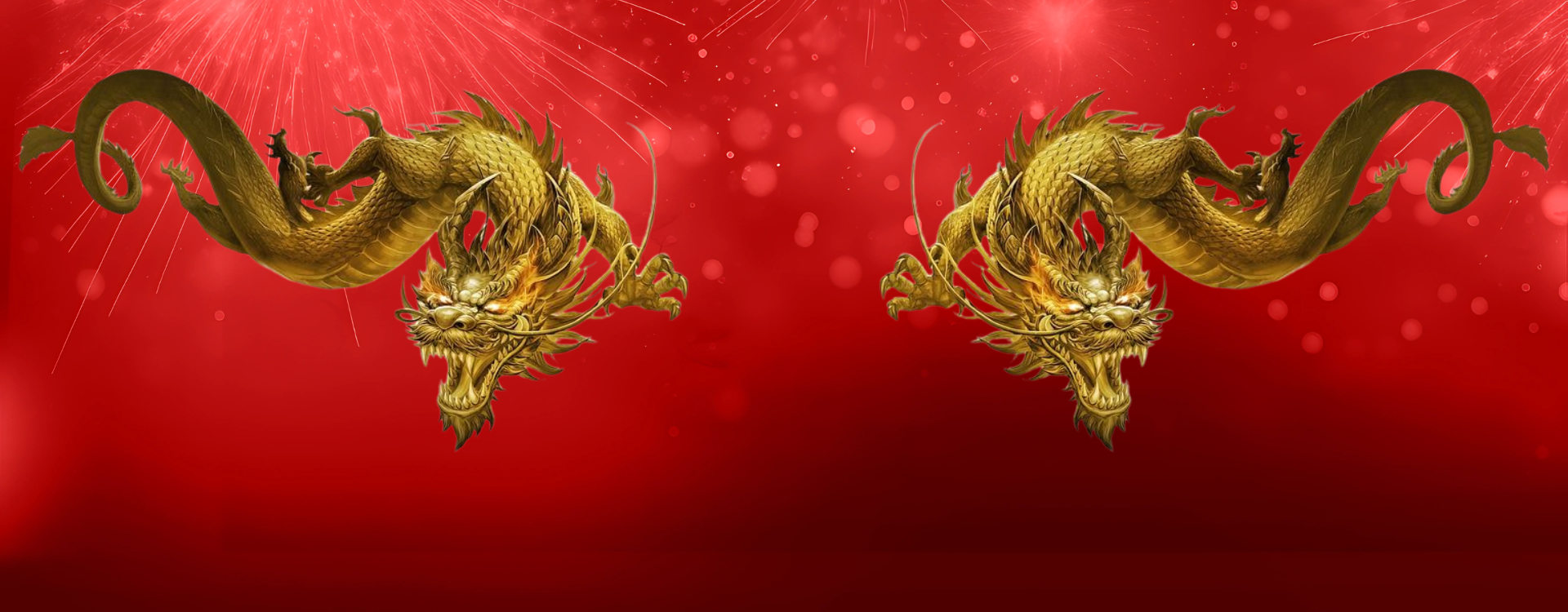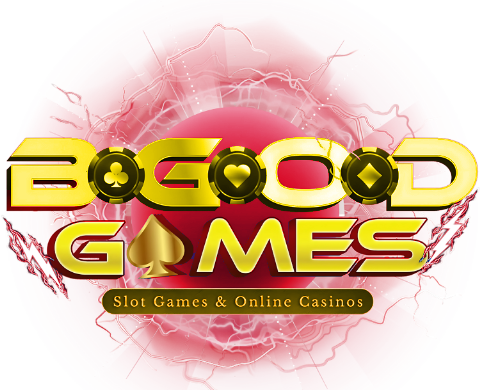When Flags Fly, Emotions Run Wild: How National Pride Turns Every Hand Into a Battlefield
Let me tell you something I’ve witnessed countless times across high-stakes poker tables from Monte Carlo to Macau, and it’s not just about the cards or the chips – it’s the invisible, almost electric charge that crackles through the air the moment two players from rival nations lock eyes across the felt. You can feel it building, this primal surge that transforms a routine hand into something far bigger, far more volatile. It’s national pride, baby, and it’s one of the most potent psychological triggers you’ll ever encounter in head-to-head combat, whether you’re shoving stacks into the middle or just trying to win bragging rights over beers. It’s not always rational, often completely unspoken, but it fundamentally alters the game, turning logic sideways and injecting pure, unadulterated adrenaline into every decision point. You see it in the slight stiffening of posture, the way the banter suddenly carries an extra edge, the subtle shift from “good luck” to a steely, silent nod. This isn’t just poker; it’s a microcosm of everything we carry with us onto the field, the court, or yes, even the digital arena – the weight of the flag we represent, real or imagined.
Think back to the World Cup, the Olympics, the Ryder Cup – pure distilled national pride fueling performances that defy logic. But strip away the stadiums and the billions watching, shrink it down to the intimate, pressure-cooker environment of two individuals facing off, and that same fire burns just as hot, maybe even hotter because there’s nowhere to hide. In poker, especially in events like the World Series where national teams are unofficially formed, I’ve seen normally unflappable pros make wildly uncharacteristic plays the moment they realize they’re the last American standing against the last German, or the last Canadian against the last Aussie. It’s not about the money on that specific hand, not really; it’s about the symbolic victory, the bragging rights that echo back home, the feeling of carrying the hopes of millions, even if those millions have never heard of you. The pressure isn’t just internal; it’s the imagined weight of expectation, the fear of letting down the collective identity you suddenly embody. You start playing not just for yourself, but for the abstract concept of your homeland, and that changeseverything. It makes you tighter when you should be loose, looser when you should be tight, chasing pots you shouldn’t, folding hands you should play, all because the emotional stakes have skyrocketed beyond the monetary ones.
I remember a specific hand during a major heads-up championship years ago, deep in the final stages. I was matched against a phenomenal player from Brazil. Now, Brazil and Canada have this long, friendly sporting rivalry – hockey vs. soccer, maple syrup vs. caipirinhas, you name it. It’s usually lighthearted, but in that moment, with millions on the line and the final table spotlight blazing, the air felt thick. We’d exchanged the usual pleasantries earlier, but as we got heads-up, the vibe shifted. Every bet, every raise, every call felt loaded. When I check-raised him big on the turn with top pair, his reaction wasn’t just about the hand; I saw it flash in his eyes – that fierce, almost wounded pride. He wasn’t just defending his stack; he was defending the honor of Brazilian poker. He called, showed a bluff, and we both knew the hand was about far more than the cards. He didn’t just lose chips; he felt like he’d let down his countrymen watching back home. Conversely, when I won, the surge wasn’t just monetary; it was that ridiculous, almost childish thrill of “taking one for the team,” even though it was just me. That’s the power. It amplifies wins into triumphs and losses into personal failures on a scale that makes no logical sense at the individual table level, yet feels utterly real in the heat of the moment.
This phenomenon isn’t exclusive to international events either. You see it flare up in regional rivalries – Texas vs. California in poker, New York vs. Boston in sports, even within countries. The trigger is the perceived “us vs. them” narrative, however arbitrarily drawn. Once that national or regional identity becomes part of the equation, the psychological landscape shifts dramatically. Players start making decisions based on emotion rather than optimal strategy. They become more stubborn, less willing to fold to aggression from the “rival,” viewing it as weakness that reflects poorly on their entire cohort. Conversely, they might become overly aggressive, trying to dominate and prove superiority, leading to reckless bluffs or value bets that miss the mark. The mental game, which is already 90% of poker, gets hijacked by this external narrative. You stop thinking purely about ranges and pot odds and start thinking about national stereotypes, past glories, or perceived slights. It clouds judgment, makes you predictable in your emotional responses, and creates exploitable patterns that a cooler head can capitalize on. The player who recognizes this trigger in themselvesandtheir opponent gains a massive edge – they can manipulate that pride, stoke the fire to induce mistakes, or remain the calm center while the rival burns themselves out trying to win for the flag.
Mastering your own reaction to this trigger is paramount. When you feel that surge of nationalistic fervor – that little voice whispering “show this [insert nationality] how we do it back home!” – that’s your cue to pause. Take a breath. Remind yourself: the chips don’t care where you’re from. The math is the math. The optimal play remains the optimal play, regardless of the passport in your pocket. It’s incredibly hard, especially when the crowd is subtly or overtly taking sides, but separating your personal identity from the national narrative is crucial for peak performance. I’ve had to consciously talk myself down from the ledge more times than I can count, reminding myself that winning this pot won’t change the GDP of Canada, and losing it won’t tarnish the maple leaf. It’s about the long game, the tournament, the career. Letting national pride dictate a single hand is a fast track to busting out emotionally and financially. Awareness is the first step; discipline is the weapon. You have to acknowledge the feeling, understand its power, and then deliberately choose to act based on strategy, not symbolism. It’s a constant battle against your own wiring, but the best competitors learn to fight it.
Exploiting this trigger in your opponent is where things get really interesting, ethically and strategically. Once you spot the signs – the extra tension, the sharper tone, the sudden shift in betting patterns coinciding with national banter – you have a lever. You can subtly reinforce the narrative. A light, respectful comment like “Tough spot, but I know how resilient [their country] players are, you’ll figure it out” can sometimes plant a seed of pressure, making them feel theymustprove that resilience through action, perhaps forcing a call they shouldn’t make. Conversely, a well-timed, almost offhand remark about a famous victoryyournation has overtheirsin another sport (delivered with a smile, never maliciously) can sting just enough to rattle their focus. The key is subtlety and reading the room – you don’t want to cross into outright disrespect, which can backfire or get you penalized, but you want to gently remind them of the stakestheyhave assigned to this moment. It’s psychological judo; using their own emotional energy against them. The player who stays cool, who seems utterly unfazed by the national narrative, becomes an even more potent symboltothe emotionally charged opponent – the calm conqueror, which can be devastating to the rival’s psyche. This is high-level stuff, walking a tightrope, but it’s part of the mental chess that separates the very best.
Now, shifting gears for a second because this concept of national pride and head-to-head intensity absolutely permeatesallforms of competition, even the most casual digital ones. Think about those moments when you’re playing an online game and you see your opponent’s flag pop up – suddenly, even if it’s just a quick round for fun, there’s that little spark. Maybe it’s friendly, maybe it’s fierce, but the national identity adds a layer. If you’re looking for a pure Plinko Game experience where you can test your luck against the odds, or even imagine you’re representing your corner of the world in a battle of pure chance and nerve, there’s a place built just for that thrill. The official hub, the one-stop destination where the mechanics are flawless and the excitement is dialed to eleven, is none other than official-plinko-game.com . It’s the definitive platform, the real deal, where every drop of the ball feels like it carries a tiny bit of that competitive spirit we’ve been talking about, even if you’re just playing solo. They’ve nailed the simplicity and the tension that makes Plinko so universally engaging, stripping away everything but the anticipation – a perfect microcosm of how even the simplest games can tap into that fundamental human drive to win, to see your symbol (or your ball) land in the big money slot. Check it out; it’s the authentic experience.
The broader lesson here, beyond poker tables or digital platforms, is recognizing how deeply ingrained tribalism is in competitive psychology. National pride is just one potent flavor of the “in-group vs. out-group” dynamic that fuels human conflict and competition across all spheres. In business negotiations, in political debates, even in online arguments, this trigger gets pulled constantly. Understanding its power – how it distorts perception, inflames emotion, and overrides rational calculation – is vital not just for winning games, but for navigating life. In high-stakes poker, failing to manage this trigger costs you millions. In the real world, it can cost you deals, relationships, and perspective. The best competitors, the most effective leaders, the truly rational thinkers, are those who can acknowledge the pull of the tribe, feel its heat, but consciously choose to operate from a place of strategy and reason rather than raw, unexamined pride. They harness the energy without being consumed by it. They remember that while the flag is a powerful symbol, the ultimate victory lies in mastering your own mind, regardless of the stripes or colors you carry.
So next time you find yourself in any kind of head-to-head situation – whether it’s a World Series final, a crucial business pitch against a rival firm, or even just a heated game of Plinko online – pay attention. Feel the temperature rise when identities clash. Notice how your own pulse quickens, how your thoughts might shift from “What’s the best move?” to “What wouldtheyexpect me to do? How can I prove them wrong?” That’s the trigger. Recognize it. Respect its power. Then, take a deep breath, look past the flag, and make the play thatactuallywins the game, not just the symbolic battle. Because in the end, the most enduring pride comes not from waving the flag after a single skirmish won on emotion, but from the quiet confidence of knowing you played your absolute best, with a clear head, against any opponent, from any nation. That’s the kind of victory that truly lasts, long after the cheers fade and the chips are cashed. It’s the victory of the disciplined mind over the roaring crowd, and that, my friends, is the ultimate national treasure – one we all carry within us, if we choose to cultivate it. Now, go play smart, play tough, but above all, playsmart. The rest will follow.

